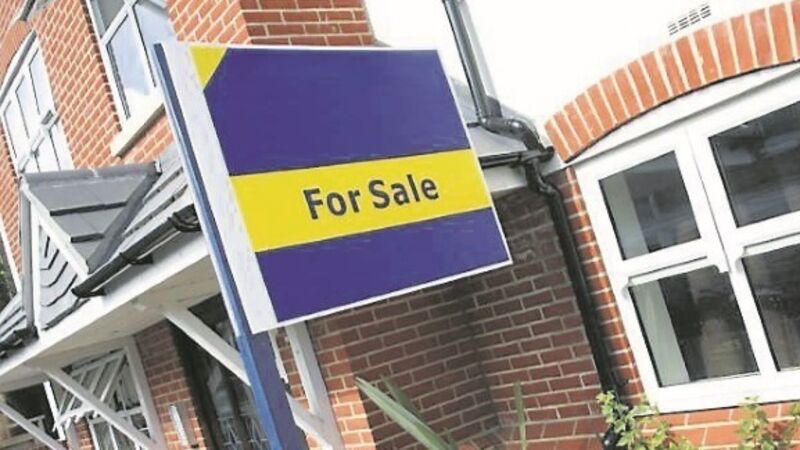Buying a home gets harder: Cuckoo funds a renewed imperialism

It may be a renewal of the post-1960s optimism that declared the 1970s would be socialist to suggest, or even hope, that the arrival of cuckoo funds might force us to decide whether this is a society or an economy and act accordingly.
After all, as we prepare to celebrate the centenary of our liberation from one form of imperialism it seems bizarre to welcome another — and how else could the idea of corporate investors buying an ever-increasing proportion of homes so an ever-increasing number of people are condemned to being tenants for life be described?
















